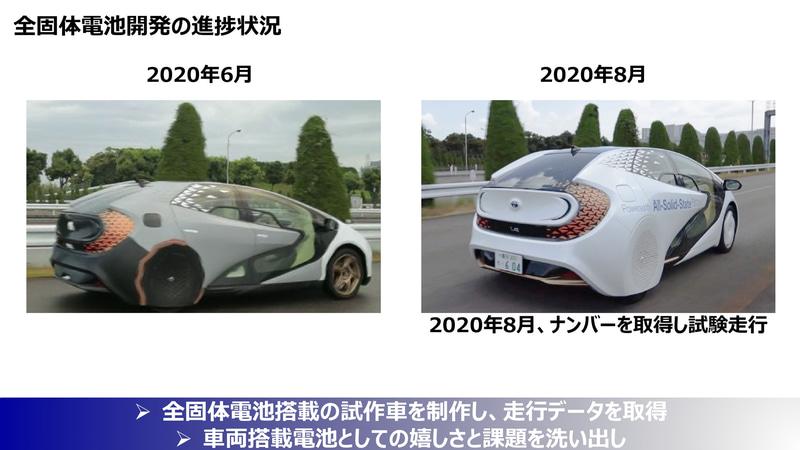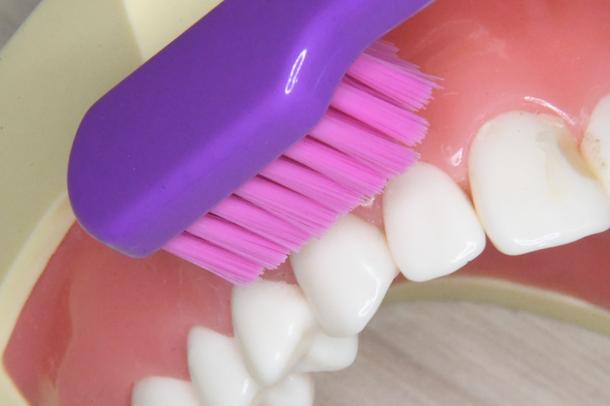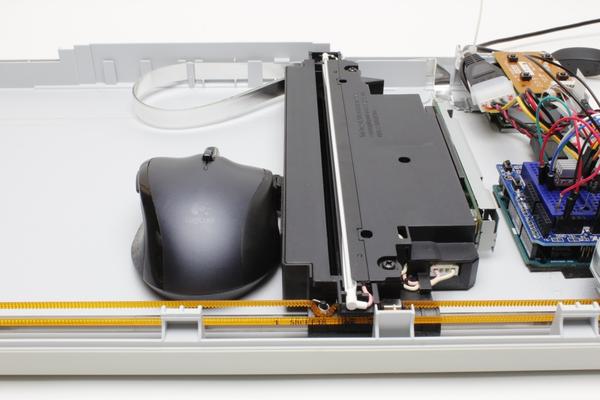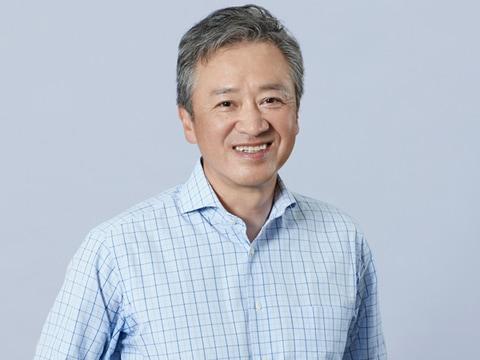Toyota to introduce all-solid-state batteries from hybrid vehicles considering characteristics Introduced in mass-produced vehicles in the first half of the 2020s, total investment related to batteries is 1.5 trillion yen
On September 7, Toyota Motor Corporation held a "Battery / Carbon Neutral Briefing Session" to explain Toyota's battery strategy toward carbon neutrality by 2030. Among them, he introduced that he got the number for the first time in the world and started the test run, and also revealed that the all-solid-state battery will be introduced from the hybrid car considering the characteristics. The introduction schedule for all-solid-state batteries has not changed since the first half of the 2020s.

At the briefing session, Toyota Motor Chief Technology Officer Masahiko Maeda gave a presentation on future battery cost targets in the latter half of the 2020s compared to the new EV "TOYOTA bZ4X" scheduled to be introduced in the middle of 2022. Along with aiming for a 50% reduction (per vehicle), it has announced that it will aim for more than 200GWh from 180GWh, which is currently under consideration as a battery supply system. As a result, the investment in battery supply system development and R & D is expected to reach approximately 1.5 trillion yen by 2030.
Regarding the development status of all-solid-state batteries, he reported that in June 2020, he manufactured a vehicle equipped with all-solid-state batteries, conducted a running test on a test course, and reached the stage where vehicle running data could be acquired. Based on the data, we made improvements and revealed that in August 2020, we obtained a number for a vehicle equipped with an all-solid-state battery and conducted a test run. Mr. Maeda said, "We are developing an all-solid-state battery to bring out the joy of high output, long cruising range, shortened charging time, etc."
In addition, Mr. Maeda said, "I have learned during development. All-solid-state batteries can be expected to have higher output because ions move at high speed inside the battery. Therefore, all-solid-state batteries can also be applied to HEVs. "I would like to take advantage of the goodness of this product," he said, stating his enthusiasm for development. "On the other hand, we also found the problem of short life. To solve these problems, we will continue to focus on the development of solid-state electrolyte materials. I think it is necessary to continue. I also think that the finding of issues has brought us one step closer to practical use. "
Toward the 2050 carbon neutrality that we should aim for, Mr. Maeda said, "In the future, the energy situation and infrastructure of each region, customer sensibilities, and demands for convenience will continue to change. In cars, cars and batteries are not inseparable, and Toyota, which has been involved in the group production of batteries since 1997 and has introduced 18.1 million units of HEV alone, is an automobile manufacturer that has been working on battery development as a group. We would like to take certain steps forward in the future of uncertain electric vehicles. In order to adapt sustainably and practically to the future, Toyota has the ability to adapt to change and itself. We would like to contribute to carbon neutrality by increasing the competitiveness of the vehicle and aiming for the essential spread of better electric vehicles. "

![[Latest in 2022] Explanation of how to register DAZN for docomo with images | 31 days 0 yen free trial reception until April 17](https://website-google-hk.oss-cn-hongkong.aliyuncs.com/drawing/article_results_9/2022/3/28/22149d541c51442b38a818ab134a8cf0_0.jpeg)
!["Amaho no Sakuna Hime" celebrates its first anniversary. The Ministry of Agriculture, Forestry and Fisheries moved to allow you to experience rice farming in a depth unparalleled in the history of games.A rice farming action RPG with over 1 million units shipped worldwide [What day is it today? ]](https://website-google-hk.oss-cn-hongkong.aliyuncs.com/drawing/article_results_9/2022/3/28/378f9ee978fe8784d8ab439d041eee85_0.jpeg)




